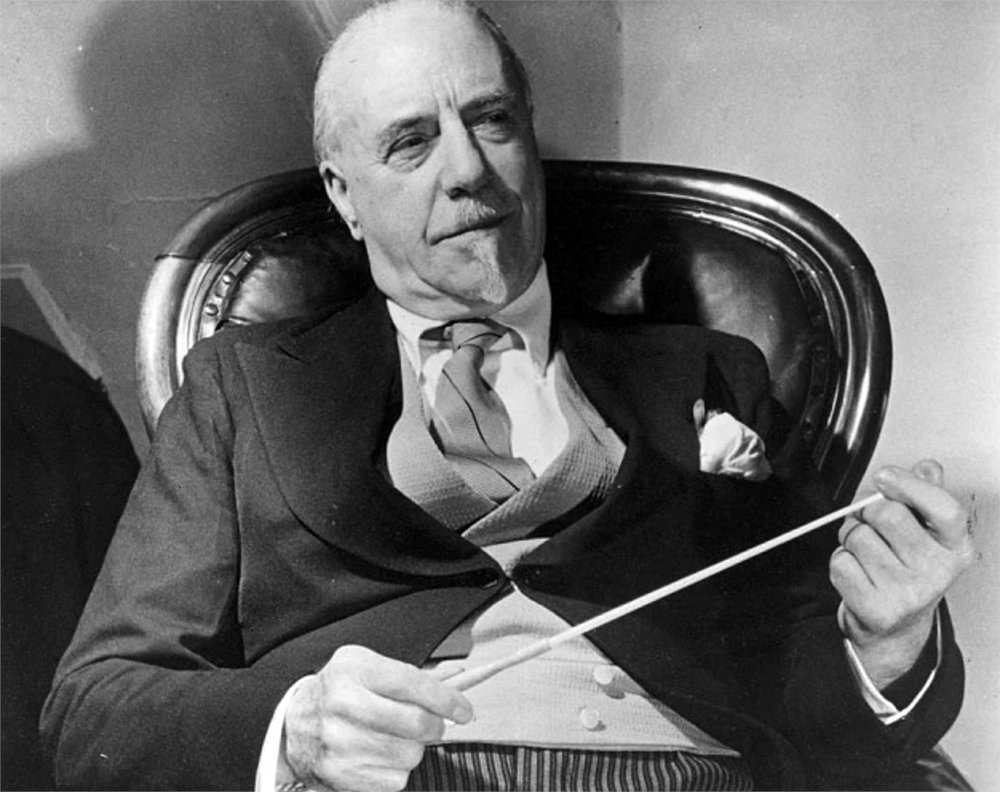
Anthony Princiotti
@tonyprinciotti
Conductor, Violinist, Teacher; Longtime Producer of Digital Engagement Materials for @BostonSymphony. Juilliard/Yale grad. Email: [email protected]
ID:719990165897420804
12-04-2016 20:46:47
16,4K Tweets
13,7K Followers
66 Following
Follow People










































